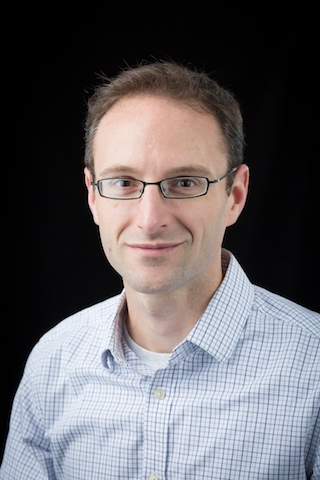Education:
- Ph.D. Earth Systems Science, University of New Hampshire (Durham, NH)
- His doctoral research focused on the air quality impacts of hydraulic fracturing for natural gas.
- M.S. Environmental Studies, College of Charleston (Charleston, SC)
- B.S. Chemistry and Biology, SUNY Cortland (Cortland, NY)
Professional Experience:
- He currently teaches Introductory and Capstone courses in Environmental Chemistry and Environmental Science.
- Postdoctoral research at Woods Hole Oceanographic Institution
- Dr. Swarthout studied the environmental impacts of major oil spills including the Deepwater Horizon disaster.
Research/Interests:
Dr. Swarthout is an analytical environmental chemist. His research applies the techniques of analytical chemistry to study environmental issues of local and global concern. His research focuses on the environmental impacts of naturally produced organic compounds and organic pollutants derived from fossil fuel production on air quality, water quality, and climate.
One current research project involves measuring volatile organic compounds and other trace gases at the Appalachian Atmospheric Interdisciplinary Research (AppalAIR) atmospheric observatory in order to better understand the complex relationship between emissions of volatile organic compounds (VOCs) from trees and shrubs and climate. The thousands of VOCs produced by plants can influence our climate because they can form aerosols that reflect incoming solar radiation and because they can compete for reaction with radical species that control the lifetime of greenhouse gases. Another project involves investigating the chemical weathering of oil spills. Oil is a complex mixture of thousands of organic compounds and the composition of spilled oil changes over time in the environment. The goal of this research is to understand how these changes affect the environmental fate and toxicity of these weathered oil residues.
Students working on these projects will gain hands-on experience working with the analytical instrumentation used in atmospheric and environmental chemistry. They will also develop skills in scientific communication through the presentation and publication of their findings. Most importantly they will work to provide much-needed information about pressing environmental issues that will help shape ongoing policy debates.
Selected Publications: TBA

Title: Associate Professor, Research Mentor
Department: Chemistry
Email address: Email me
Phone: (828) 262-4083